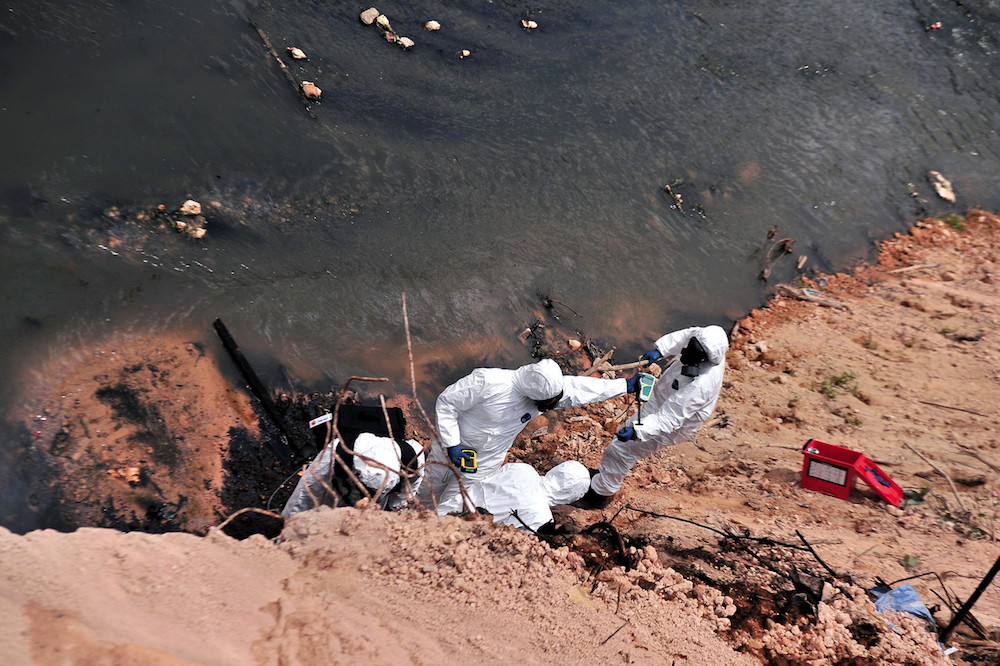JOHOR BARU, Dec 29 — The two pollution incidents in Pasir Gudang, near here, which took place within a three-month period did not just bring about a huge impact to the affected residents, but above all, served as an eye-opener on the importance of taking care of the environment.
The chemical waste pollution in Sungai Kim Kim in March, followed by the air pollution incident three months later, had indeed raised concerns not only among the affected communities but also the relevant authorities on the standard operating procedures (SOP) pertaining to crisis management.
The first incident took place on March 7, when students and staff of Sekolah Kebangsaan Taman Pasir Putih and Sekolah Menengah Kebangsaan Pasir Putih complained of nausea and vomiting, believed due to inhalation of gas emitted by chemical wastes.
Thirty-five people were hospitalised, three of whom were treated at the Intensive Care Unit (ICU), forcing the two schools to close for three days.
On March 11, just hours after the schools reopened, several students and staff of nearby schools experienced the same symptoms which saw the second wave of pollution.
On the same day, the Department of Environment and police raided an illegal factory located 500 metres from Sungai Kim Kim, following the arrest of three men including two factory owners on suspicion of disposing of chemical waste into the river.
Due to the second wave of pollution that lasted for several days, all 111 schools in Pasir Gudang were ordered to close from March 13 until further notice.
Ninety-two kindergartens and nurseries in the affected area were also ordered to close to prevent an increase in the number of victims.
By March 14, a total of 2,775 civilians had received treatment with seven of them were treated in ICU while 51 police reports were received on the chemical pollution case.
The authorities have also identified 46 more potential sources of pollution in Pasir Gudang based on satellite data and aerial surveillance using drones while tackling the Sungai Kim Kim incident.
The whole incident also sparked serious debate on the Environmental Quality Act 1974 that the punishment for those found guilty for offences under the Act was not severe enough and did not take into account current development.
Three months after the Sungai Kim Kim incident, another episode of pollution occurred in Pasir Gudang which also forced the affected schools to close.
On June 20, several students and staff of schools in the district claimed to have suffered the same symptoms experienced by the victims of the Sungai Kim Kim incident.
However, the cause of the pollution is still unknown.
In order to prevent a recurrence of such incidents, the government had, on Nov 19, announced seven steps to improve environmental quality control.
The steps include taking stern action against environmental offenders, broadening surveillance, beefing up enforcement and setting up the Pasir Gudang branch of the Environmental Department.
The trial of the Sungai Kim Kim chemical dumping case involving four men including two Singaporeans began in the Sessions Court here on Dec 3 before Judge Wan Mohd Norisham Wan Yaakob and will continue on March 10 next year.
It is hoped that through the various measures introduced by the government, the public will take the issue of environmental protection more seriously and the incident will not recur. — Bernama



















